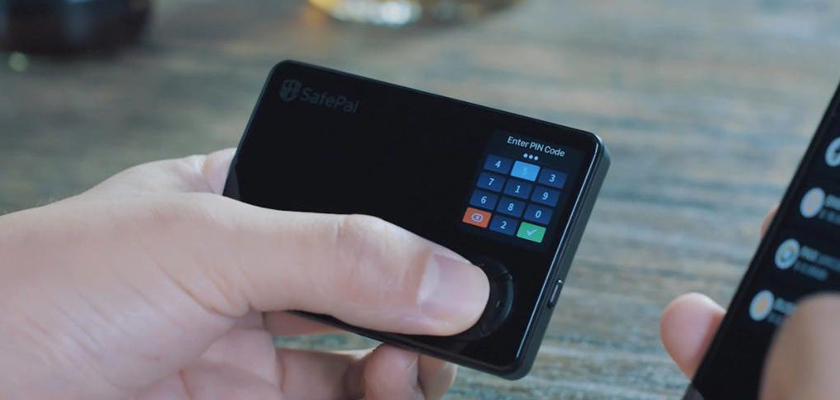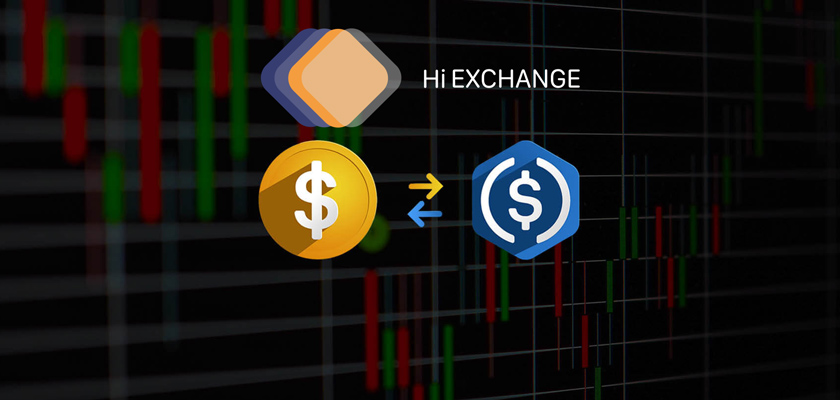Cryptocurrencies have been around since 2009 which would put the technology in the infancy stages. Since the first crypto coin issued thirteen years ago, a plethora of technical terms have been introduced. Honestly, even as a journalist working in the crypto sector, it’s not easy to keep up with new terms and definitions. However, for this article, we’d like to expand on the practical difference between a crypto coin and a crypto token. While these terms are commonly used, the critical difference between the two seems to less known. The very first crypto currency Bitcoin was a, you guessed it, crypto coin. But crypto tokens are different in nature. Stay with us as we go over the similarities and differences.
Got Crypto Coin? Or Crypto Token? HiExchange will exchange it to PayPal Instantly!
Crypto Coin
To put it simply, a crypto coin refers to a cryptocurrency that operates on its own unique blockchain. Bitcoin and Ethereum are prime examples for a coin. The transactions of a coin are recorded on their specific blockchain therefore providing a complete ecosystem for transfers.
On the other hand, having a dedicated blockchain is solely an apparatus for the primary function. Which is, a crypto coin acts as money therefore providing an alternative for fiat currencies and traditional finance in general. As to why and how they do this, it’s a topic for another day. But in general, crypto coins are meant to be spent as a payment option.
As to where coins come from, the answer is not flying Storks. Rather, they are mined using either proof of work or proof of stake system. Bitcoin uses the proof of work (PoW) consensus algorithm while a majority of altcoins utilize the alternative which is much more efficient and faster.
Now that we got to know what’s up with coins and stuff, here’s what a crypto token is:
Crypto Token
First and foremost, a crypto token does not have a dedicated blockchain. Instead, they piggy back on other blockchains. At this point, the Ethereum blockchains holds a record amount of tokens by a long shot. This could potentially slow the network down and increase gas fees by putting computational pressure and causing bottlenecks. Hence, successful tokens tend to move on to their own blockchains or faster ones. For instance, Tether ERC20 is a popular token operating on the Ethereum blockchain. Simultaneously, Tether TRC20 is the same token operating on the Tron Blockchain. Subsequently, TRC20 is quicker and cheaper to make transactions with hence the massive difference in popularity and use case for it.
Having said that, crypto tokens are handled not by blockchains but using smart contracts. The term ERC20 refers to Ethereum’s smart contract for example. These smart contracts are simply an array of codes that deal with trades and transactions between the users. With a token transaction, it physically moves from a destination (seller’s wallet for instance) to another (receiver’s wallet). On the other hand, with a coin transaction, the coins are on the blockchain and only the balance in the two involving parties change.
In that regard, a token is something you get to own while a coin is like money and not necessarily something to own. To clarify, an NFT is a token you own while a Bitcoin is like digital money. You can buy the NFT with Bitcoin but you can’t buy Bitcoin with an NFT.
Crypto Coin Vs. Crypto Token
Simply put, a crypto token is a digital representation of something valuable. In general, it is very easy and cheap to create a token whether as an NFT or any other type of one. Furthermore, trading crypto tokens is also an easier task since many platforms allow the users to trade tokens.
While both crypto coin and crypto token can be held in your wallet and transferred in a similar way, the difference is in the essence. As an investor, knowing the difference can help one make critical decisions.
But more importantly, here at HiExchange we do not discriminate! You can buy and sell both crypto coins and crypto tokens instantly with the lowest fees. All transactions are fully anonymous since we do not require KYC (know your customer) or even sign up!
HiExchange
HiExchange is a decentralized online platform to exchange your cryptocurrencies and e-currencies. We utilize an automated system to determine the best exchange rates at any moment. Furthermore, HiExchange does not require KYC or a sign-up process. Also, the platform offers 24/7 customer support.
To learn how to exchange your cryptocurrencies to PayPal you can read our instructional article.
For more instructional content, you can always visit HiExchange Blog







